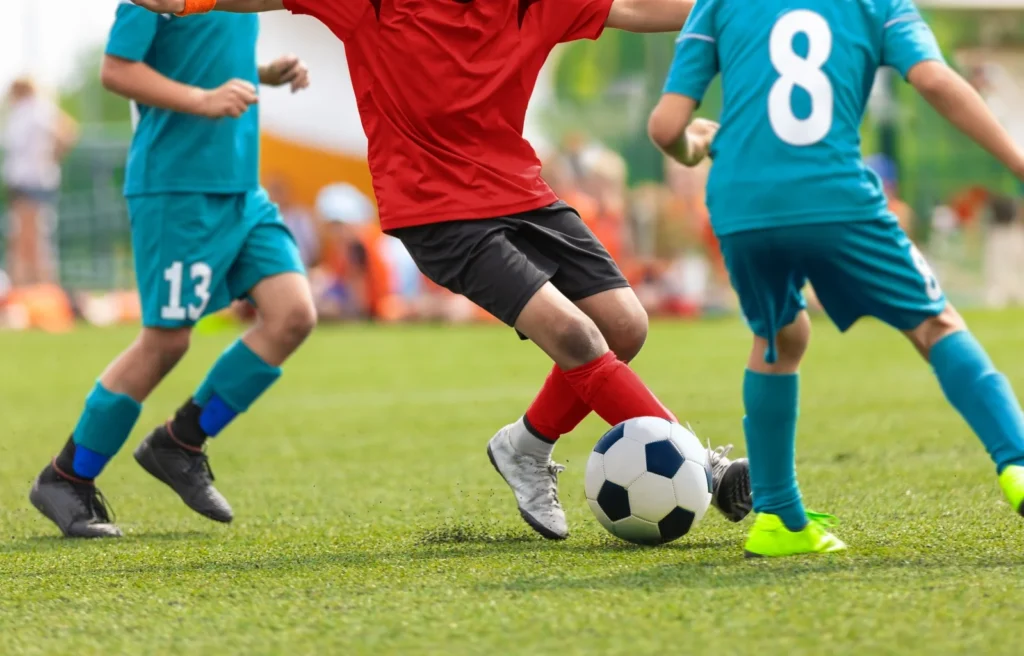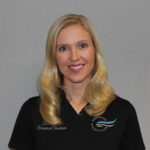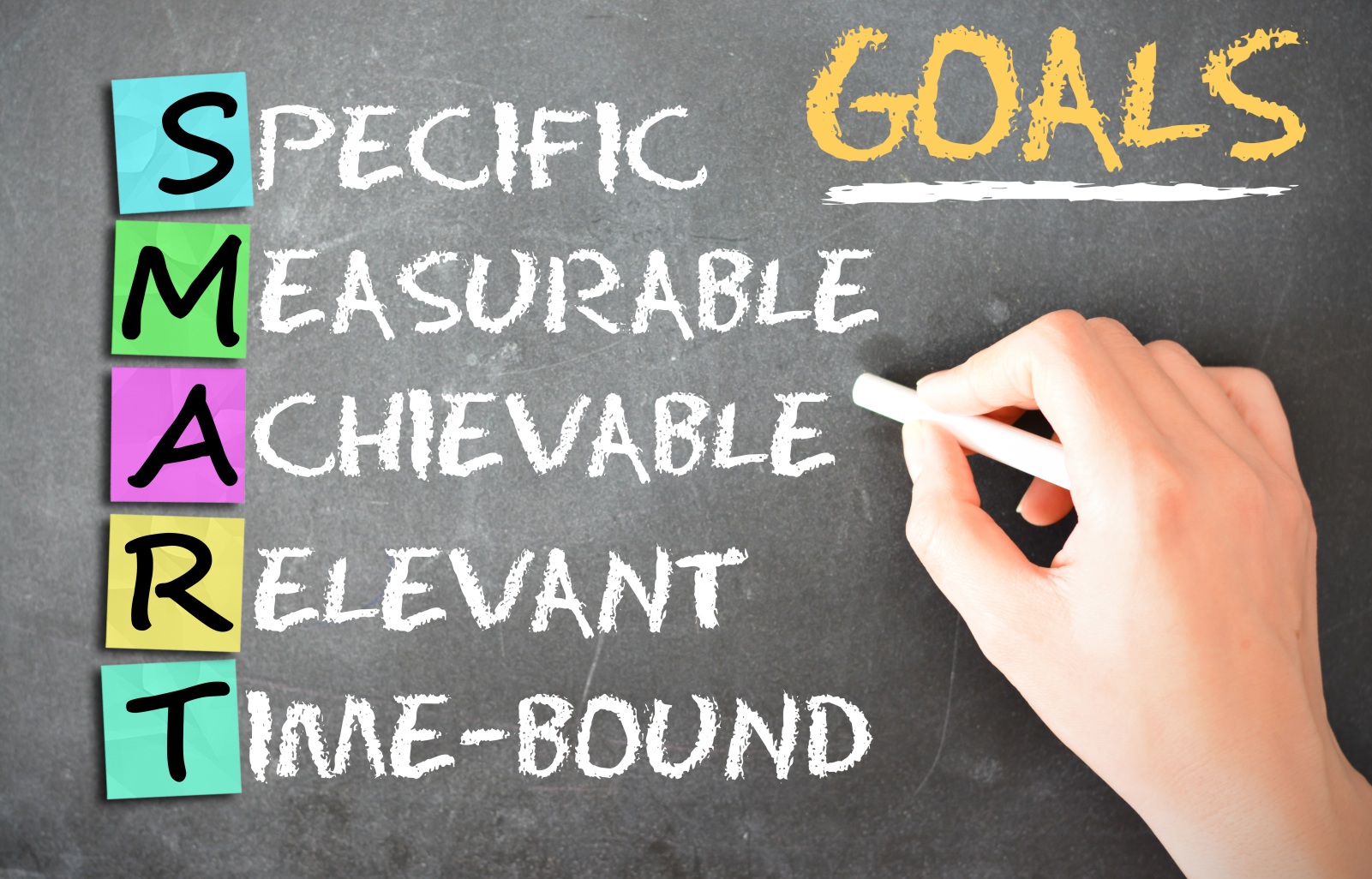With the fall sport season upon us I’d like to pass along my top fueling tips for athletes. I am a Sports Dietitian (CSSD), a marathon runner/triathlete and also a mom of two teen athletes – so I know how much of a competitive edge proper fueling can provide!
One of my sons runs cross country and track, and the other plays soccer and basketball. I bet you can guess that the grocery bill in our household is insane, but it’s important to remember that food is a wise investment for our performance and physical health. I have tried to instill in my kids that food is our fuel for exercise, just like putting gas in a car. What we put in our bodies before, during and after exercise has a direct effect on performance.
4 Tips for Learning How to Eat Like an Athlete:
- The number #1 rule of sports nutrition is to eat within 30-60 minutes after a workout.
This is the time to maximize your gains from the hard effort. Remember the 3 R’s – Replenish, Repair and Rehydrate.
Replenish the glycogen stores for tomorrow’s workout by including carbohydrates in the post- workout snack. Muscles are more receptive to storing glycogen within the hour after exercise. (Aim for 30-60+ grams of carbohydrate within an hour post workout.)
Repair the muscles by including protein in your post workout recovery meal/snack. This will help the muscles grow and become stronger as well as resist injury. (Aim for 10-30 grams of protein within an hour post workout.)
Rehydrate! You should consume 16-24 ounces of fluid for each pound of sweat lost during a workout. Feel free to include some sodium to speed up the rehydration process.
Pro tip: A smoothie or chocolate milk is the perfect recovery option since it includes everything mentioned above – carbohydrates, protein and fluids. Here are some good smoothie options to try:
- Eat 80% for performance; 20% for fun!
It is normal for teen athletes to want to have pizza, ice-cream and sugary beverages. Try to avoid labeling food as good or bad in order to prevent feelings of guilt or disordered eating tendencies among athletes. We want our kids to have a lifelong healthy relationship with food. With my kiddos I make sure to include quality carbs, protein and produce at meals, but desserts are a normal thing in our house too!
Be sure to fill an athlete’s plate with more than just protein and vegetables. They have a much higher carbohydrate need than the general public. Include carb sources like pasta, brown rice, oatmeal, beans, granola, and whole grain bread on a regular basis. It’s also good to remind them about the importance of fruits and vegetables. These food groups contain vitamins, minerals and antioxidants, all which aid in recovery and keep them healthy during their intense sports season.
Pro tip: Grapes and bananas and dried fruit are good choices for before workouts since they are low fiber and easy to digest.
- Eat early and often.
I encourage athletes to eat 5-7 meals per day. Start the day off with breakfast and continue to fuel every 2-4 hours during the day. This will ensure sufficient energy for games and hard practices and promote a stable blood sugar level. It is best to have big meals at least 3-4 hours before events, however, be sure to grab a snack if it’s been 2+ hours since your last meal/snack.
Pro tip: Choose foods to that your body is accustomed to on game day. In addition, the pre-event meals should be high in carbs, easy to digest, moderate in size, as well as low in fat and fiber.
- Hydrate all day to ensure complete and proper hydration.
Dehydration is the number 1 reason for fatigue/bonking. As little of a 2% loss of body weight in fluid can decrease performance and cause cramping. A loss of 3-5% body weight in fluids can result in a severe heat related illness such as heat stroke. Send your athlete to school with a refillable water bottle. On game days, I send both a water bottle and Gatorade. Hydration is achieved once urine is pale yellow or clear and urine frequency is every 2-3 hours.
Pro Tip: Drink sports drinks during events/games lasting longer than 60 minutes to replace the electrolytes lost in sweat. The extra sodium encourages thirst and enhances hydration as well as prevents muscle cramping.
I hope this article is helpful to you and/or your athlete. I am including a link to a handout called The Athlete’s Lunch Bag. This is a list of snack items to pack for game/race day. I usually have my kids select 5-6 items from this list to send along on event days. The total time of event and travel is sometimes 10+ hours, so I want to ensure adequate snacks before and between events, and also food to enjoy on the bus ride home in order to jump start that recovery process. Best of luck – I hope this is your best sports season yet!




